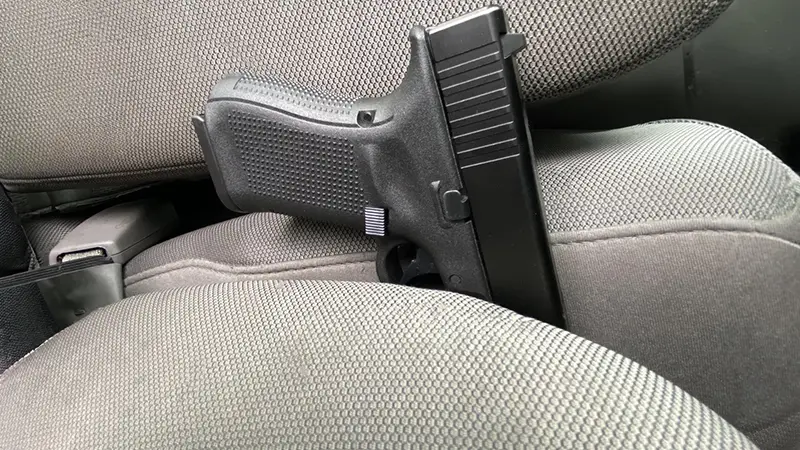William Elton Kennedy Pays Fine for Undeclared Firearm at Douglas Charles Airport

When William Elton Kennedy, a 79-year-old American businessman from Louisiana, navigated through Dominica’s legal system, it was over an issue that began innocuously enough—a failure to declare a firearm and ammunition upon his private jet’s arrival. The saga unfolded when, after being charged with the illegal importation of these items without a license, a court session on the subsequent day led to a shift in charges towards Kennedy’s omission to declare them to customs authorities.
On Kennedy’s arrival at Douglas Charles Airport on January 24, 2024, his private aircraft, which was found to contain a 9mm pistol along with 24 rounds of ammunition, became the center of controversy when these items were not declared to customs, violating local regulations. The discovery, made by the aircraft’s pilot during a routine check before their scheduled departure, prompted immediate action by airport personnel and law enforcement.
Upon his court appearance, Kennedy, represented by attorney Wayne Norde, entered a guilty plea to the revised charges of failing to declare the firearm and ammunition. Norde’s defense highlighted Kennedy’s integrity and cooperation, noting his proactive disclosure of the firearm, which Kennedy had inadvertently failed to declare upon his entry into Dominica.
Magistrate Michael Laudat, responding to the unique circumstances of the case, opted for a fine of $7,500 over incarceration, recognizing Kennedy’s immediate admission of guilt and his lack of prior legal infractions. The magistrate’s decision to fine rather than imprison underscored the judiciary’s discretion and its emphasis on individual responsibility and the gravity of firearm legislation.
In advocating for Kennedy, Norde pointed to his client’s transparent dealings with authorities from the moment of discovery, suggesting that Kennedy’s honest mistake should merit a reprimand rather than severe punishment. This argument, coupled with Kennedy’s background and the fact that his visit was for business purposes, painted a picture of a man who found himself inadvertently on the wrong side of the law.
Kennedy’s case concluded by the payment of the fine and the court’s forfeiture of the firearm to the state, closes a chapter that serves as a stark reminder of the importance of adherence to local laws, particularly those governing the declaration and importation of firearms.
This article is copyright © 2024 DOM767




